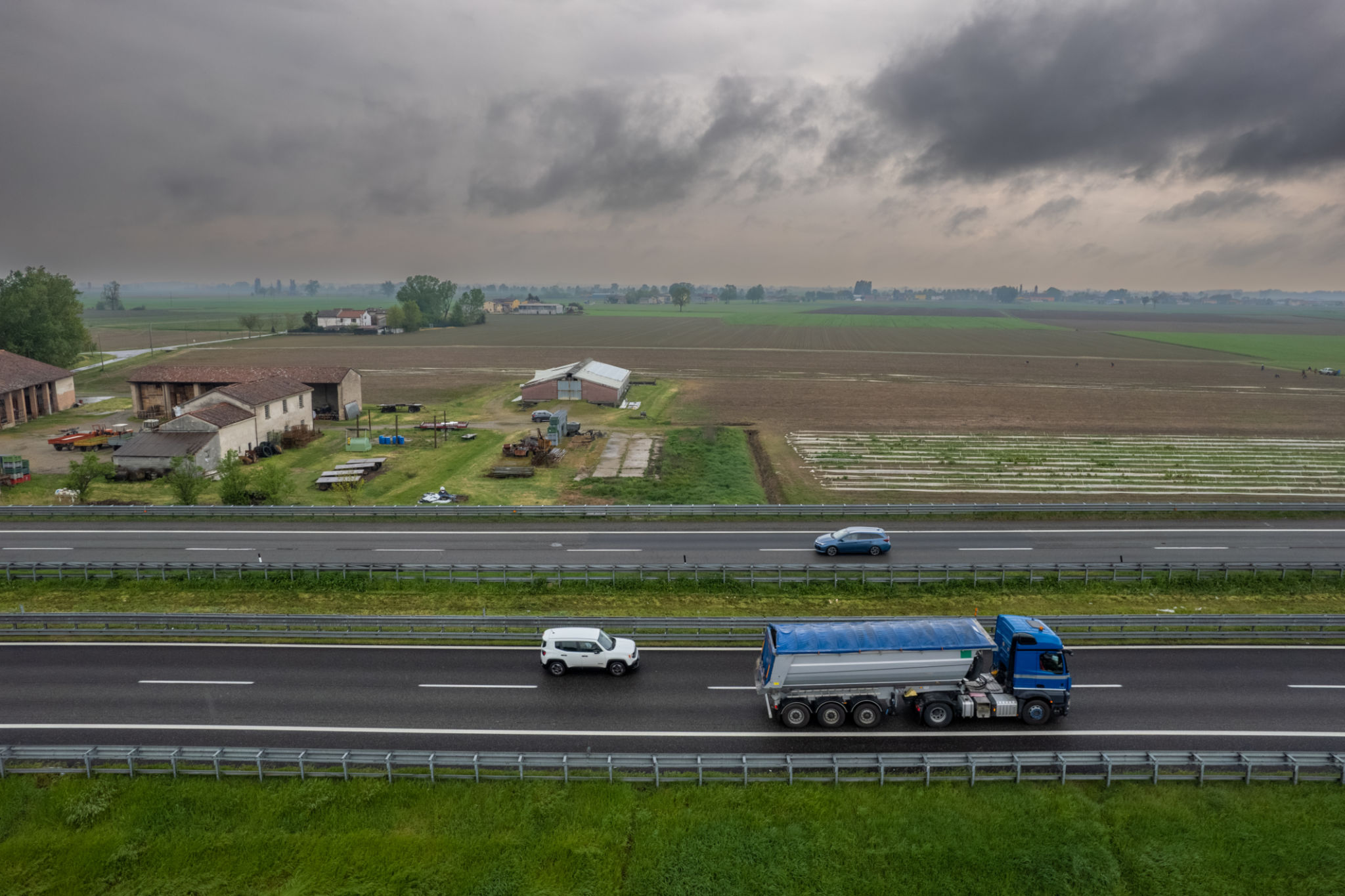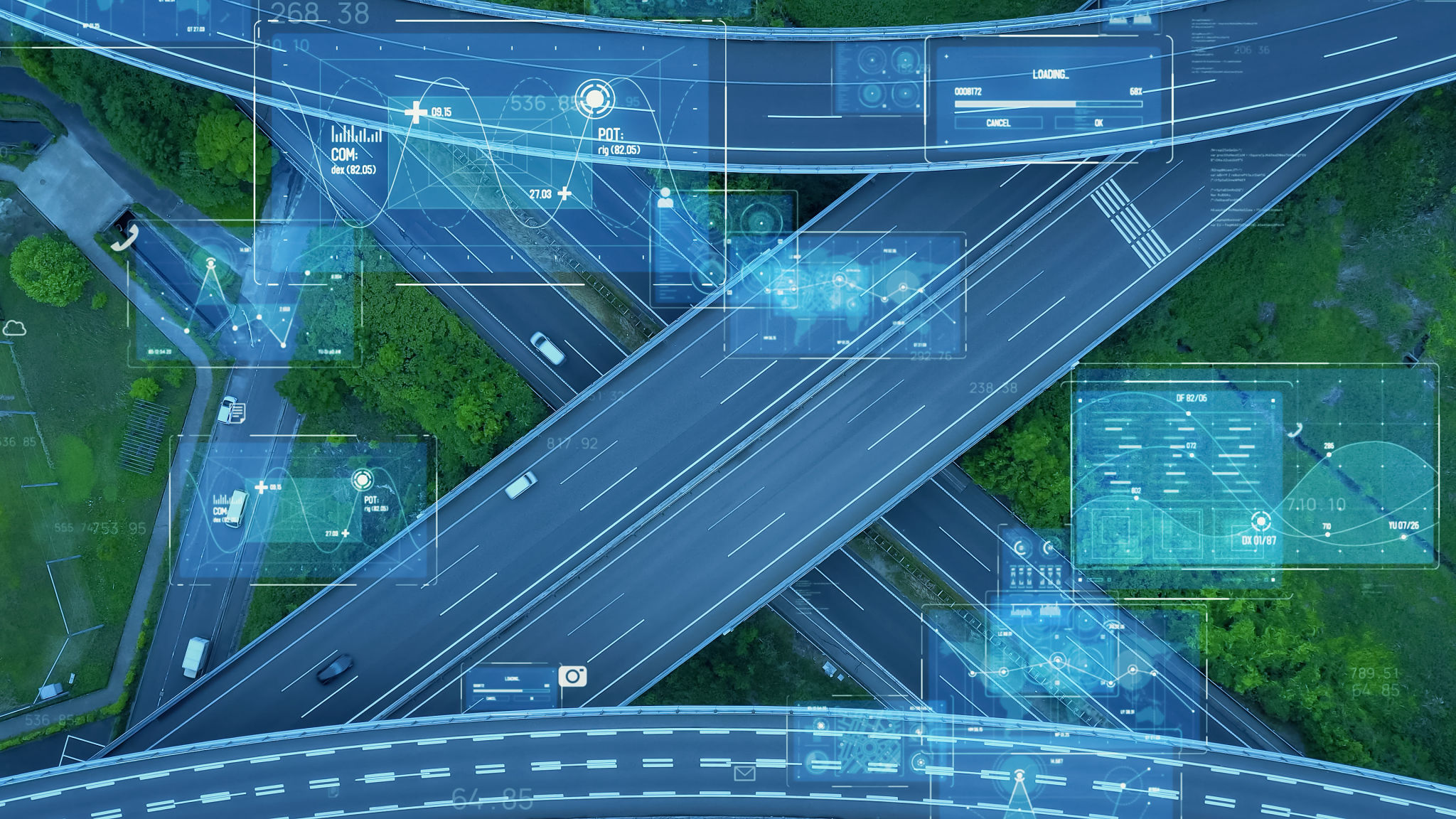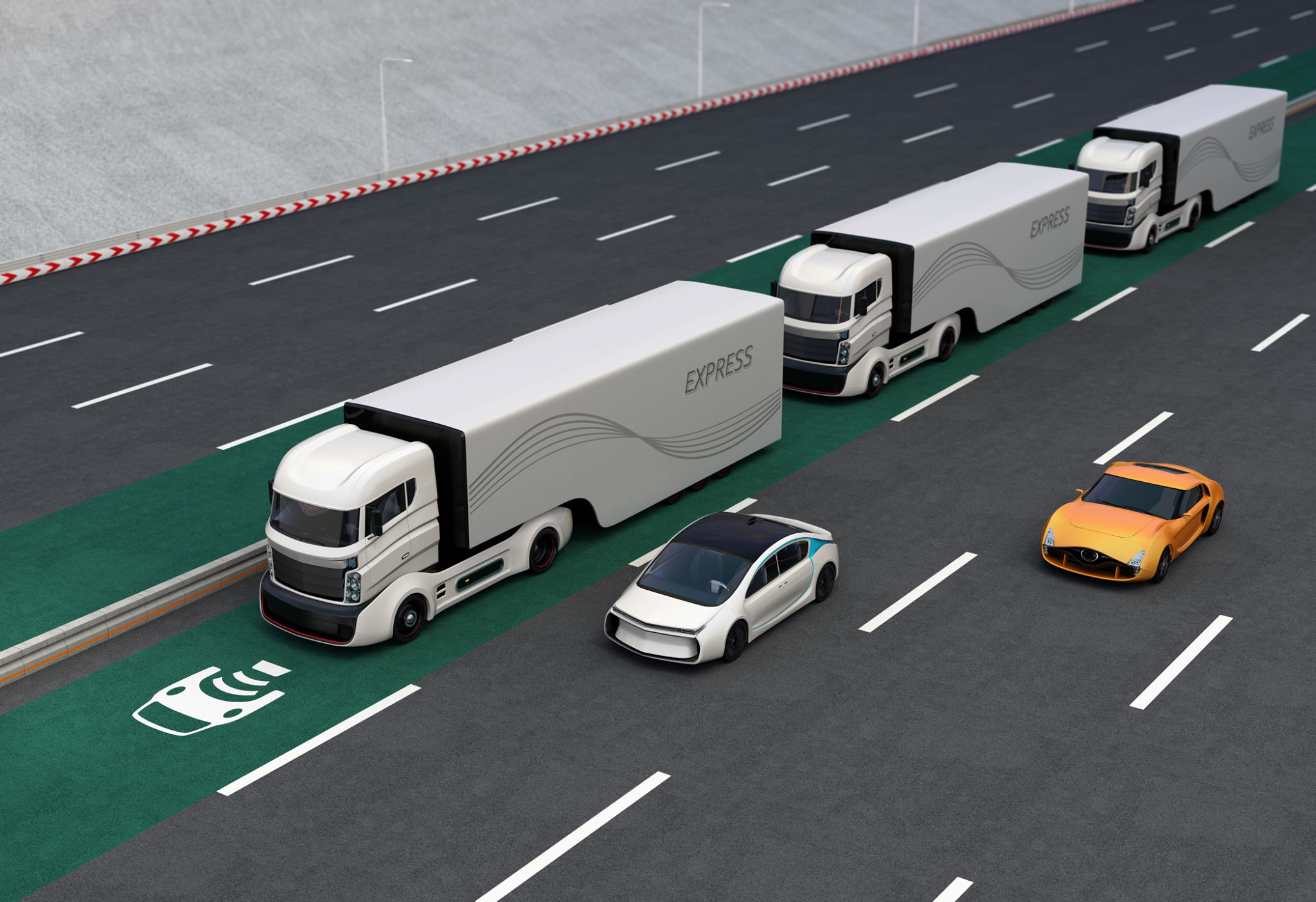The Future of Dispatching: Innovations Shaping the Trucking Industry
The Evolution of Dispatching in Trucking
The trucking industry has always been the backbone of commerce, ensuring goods reach their destinations efficiently. As technology advances, so does the process of dispatching, which plays a crucial role in optimizing supply chains. The future of dispatching in the trucking industry is being reshaped by innovative technologies that promise to enhance efficiency, reduce costs, and improve overall service quality.
One of the most significant changes in dispatching is the integration of artificial intelligence (AI). AI-powered systems can analyze vast amounts of data in real-time to provide dispatchers with the most efficient routing options. This enhancement not only saves time but also reduces fuel consumption, leading to both economic and environmental benefits.

Telematics and Real-Time Tracking
Telematics systems have become a cornerstone in modern dispatching by offering real-time tracking of vehicles. These systems provide critical data such as vehicle speed, location, fuel consumption, and even driver behavior. With this information, dispatchers can make informed decisions to reroute trucks, avoid traffic congestion, or adjust schedules on the fly.
Furthermore, telematics enhance transparency between trucking companies and their clients. Customers can track their shipments in real-time, leading to improved customer satisfaction and trust. This level of visibility is becoming a standard expectation in the industry.

Blockchain for Secure and Transparent Transactions
Blockchain technology is making its way into dispatching by providing a secure and transparent platform for transactions. By using blockchain, companies can ensure that all parties involved in a shipment have access to a single, immutable record of all transactions and movements.
This transparency reduces the risk of fraud and discrepancies, ensuring that payments are processed swiftly and accurately. Moreover, blockchain can streamline administrative processes, reducing the need for paperwork and manual reconciliations.
Automation in Dispatch Processes
Automation is another key innovation transforming dispatch operations. Automated systems can handle routine tasks such as load assignment, invoicing, and compliance checks. By freeing human dispatchers from these repetitive tasks, companies can focus on strategic decision-making and problem-solving.

Implementing automation also reduces the potential for human error, leading to more accurate and reliable operations. As a result, trucking companies can expect improved efficiency and productivity across their entire logistics chain.
The Role of Big Data Analytics
Big data analytics is becoming increasingly important in optimizing dispatch operations. By leveraging data from various sources such as telematics, weather forecasts, and traffic reports, companies can predict potential disruptions and adjust their plans proactively.
- Improved route optimization
- Enhanced demand forecasting
- Better resource allocation
These insights enable companies to make data-driven decisions that enhance operational efficiency and reduce costs. The ability to foresee challenges and opportunities allows for more strategic planning and execution.

Conclusion
The future of dispatching in the trucking industry is bright, driven by technological advancements that promise greater efficiency and reliability. From AI and telematics to blockchain and automation, these innovations are reshaping how companies approach logistics and supply chain management.
As these technologies continue to evolve, the trucking industry will undoubtedly become more efficient, cost-effective, and environmentally friendly. Embracing these changes will be key for companies looking to stay competitive in an increasingly digital world.
